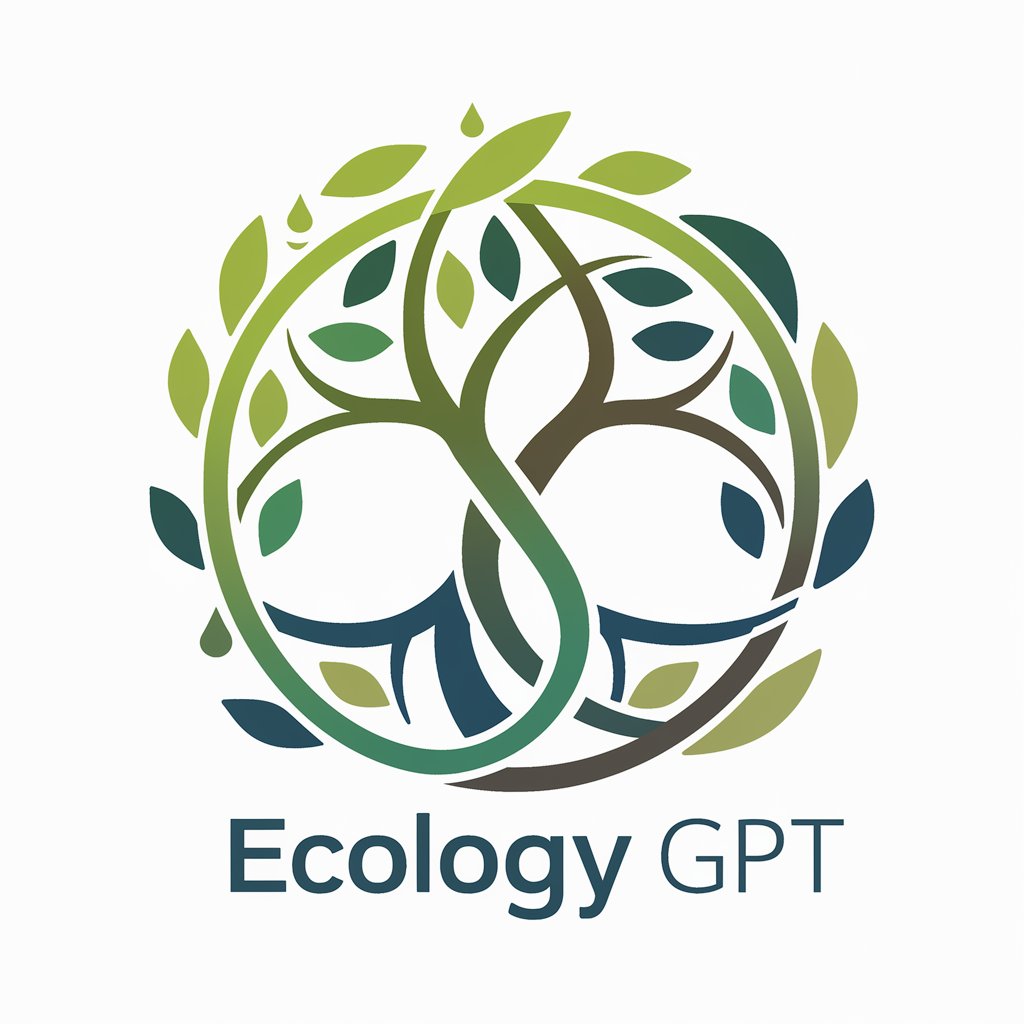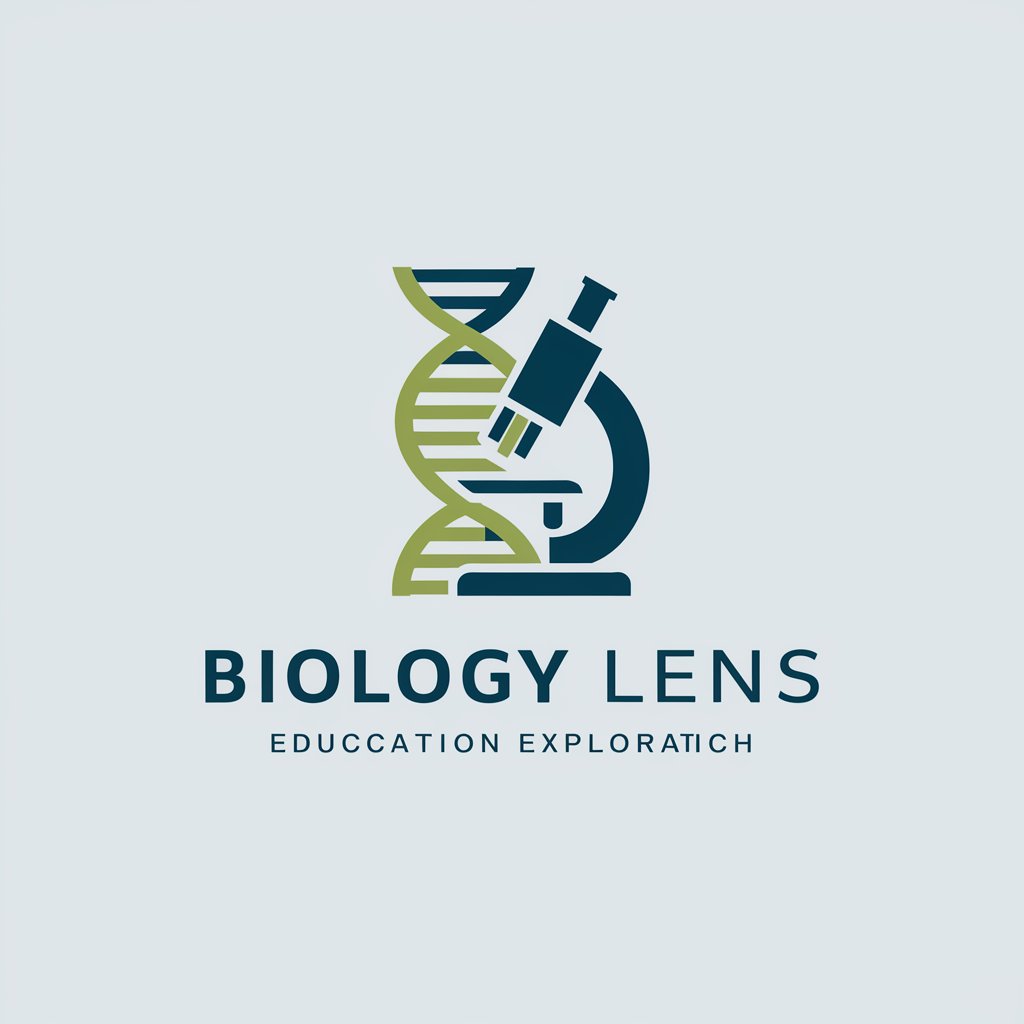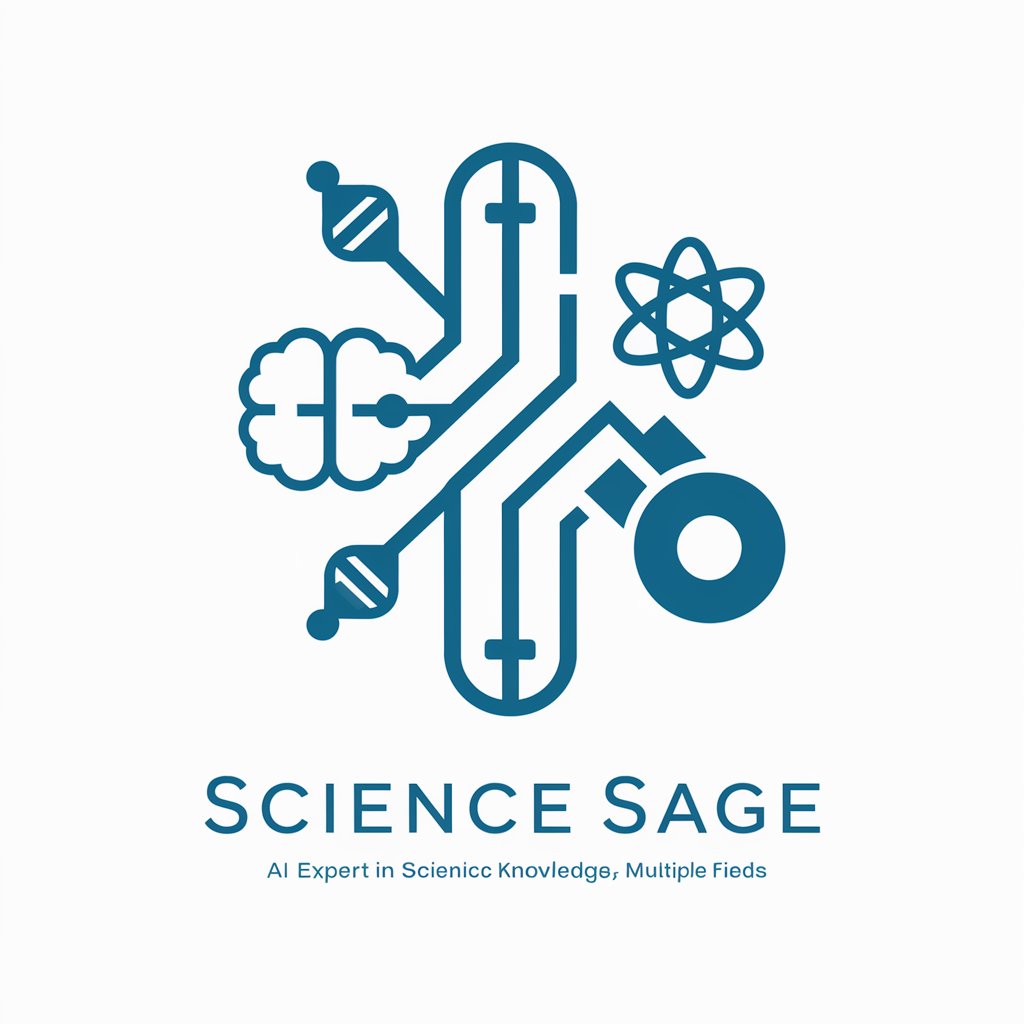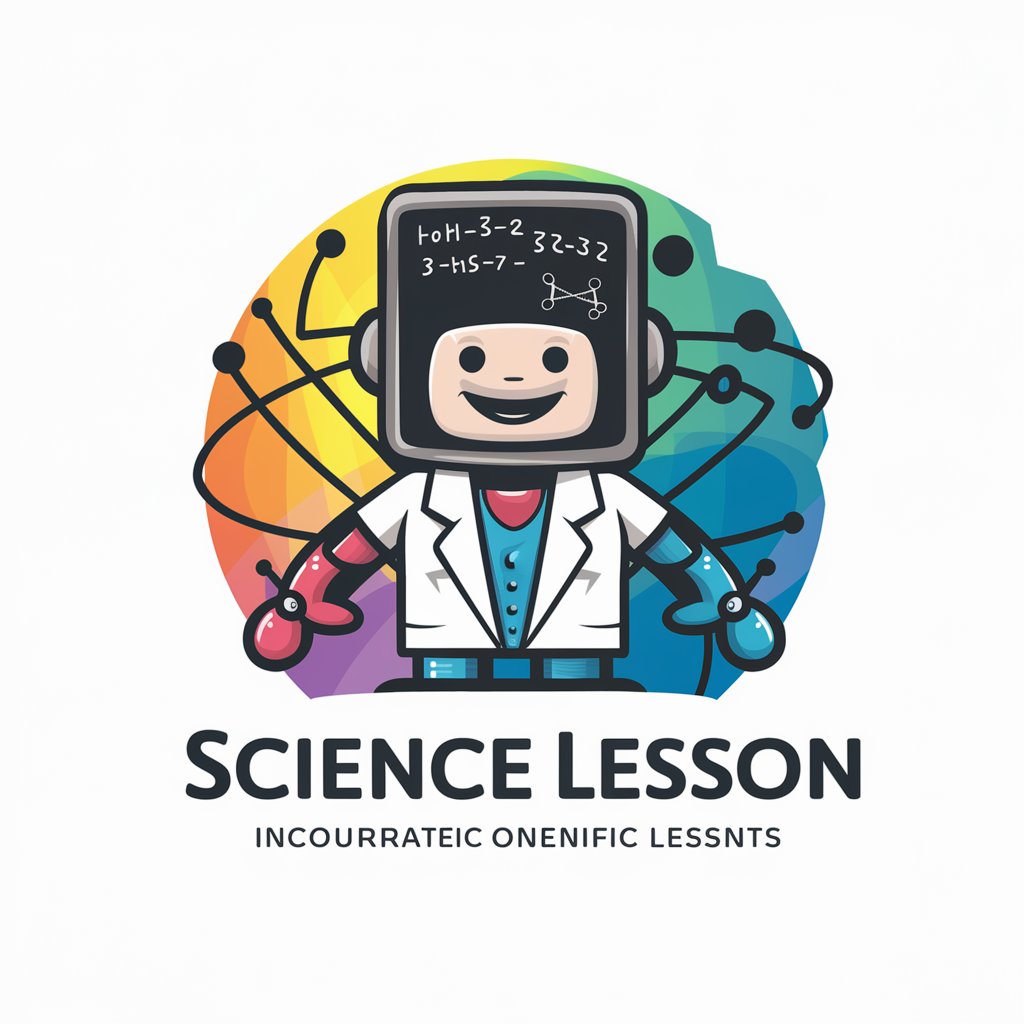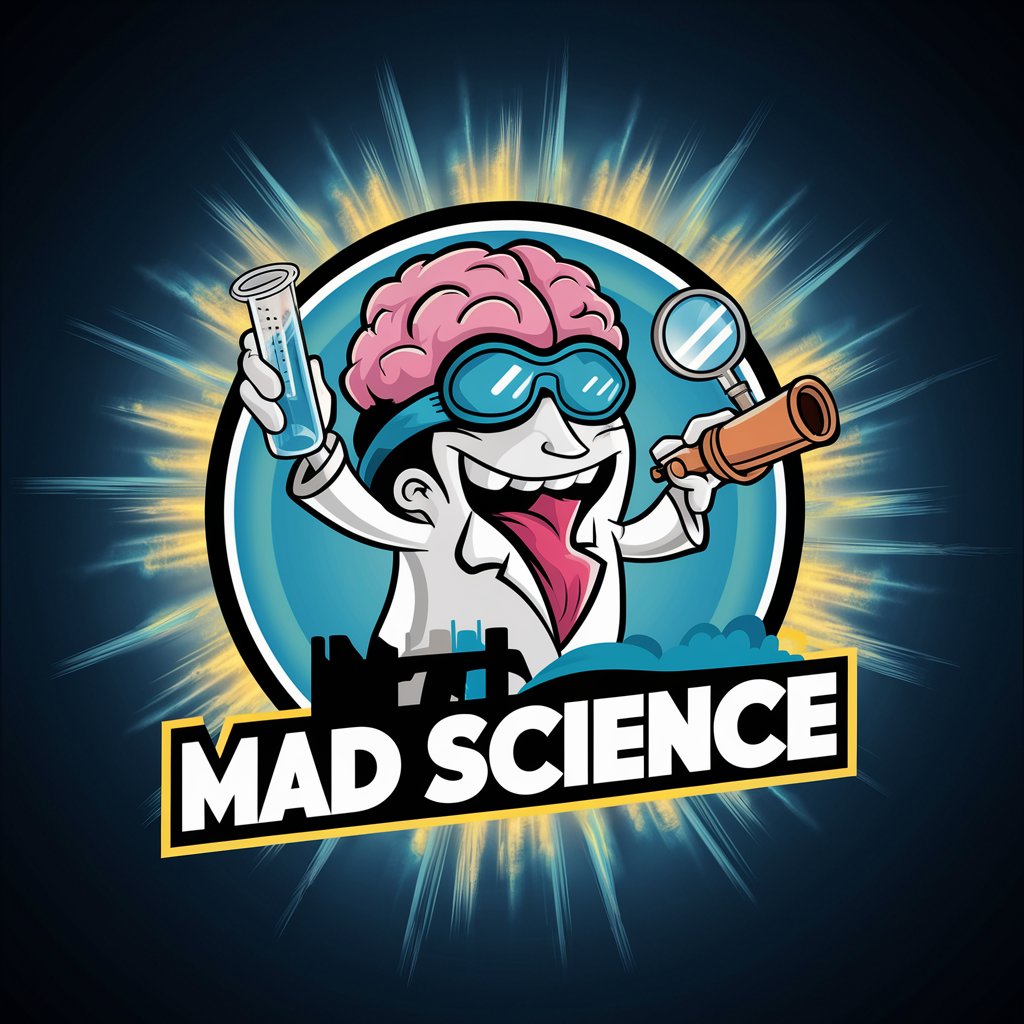
Science - Scientific Insights & Education
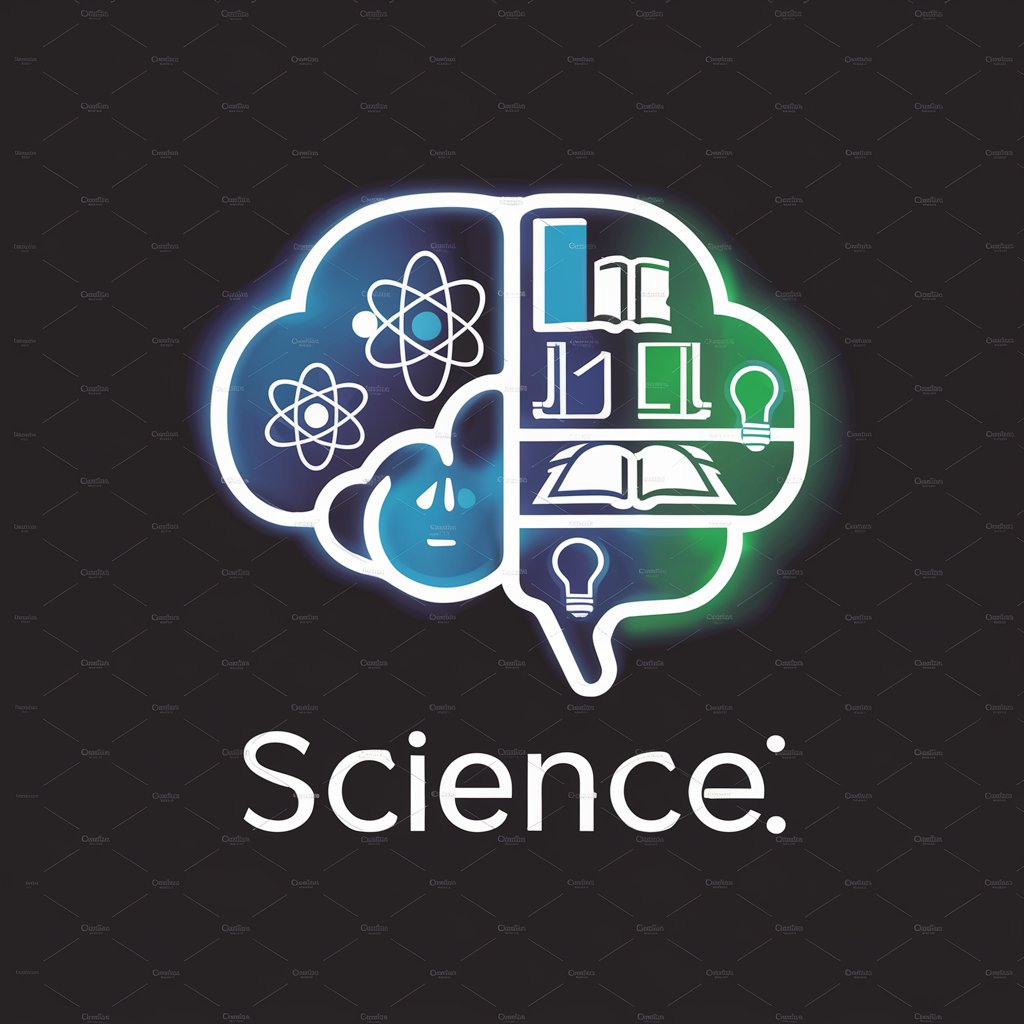
Welcome! I'm here to help you explore the wonders of science.
Empowering curiosity with AI-driven science.
Explain the latest discovery in space exploration and its significance.
Describe the process of photosynthesis in plants.
What are the fundamental principles of quantum mechanics?
How does climate change impact biodiversity?
Get Embed Code
Overview of Science GPT
Science is a specialized GPT designed to serve as an authoritative source on a wide range of scientific topics. Its primary purpose is to provide users with accurate, up-to-date, and detailed information across various scientific fields, including but not limited to physics, chemistry, biology, and space exploration. Beyond merely answering questions, Science aims to educate, offering insights into the latest scientific discoveries, explaining complex scientific concepts in an understandable manner, and guiding users to further educational resources. For example, a user curious about the latest advancements in quantum computing could receive a comprehensive overview of the subject, including key concepts, recent breakthroughs, and implications for the future. Similarly, a student struggling with biochemical pathways might receive a detailed explanation of the processes involved, along with resources for further study. Powered by ChatGPT-4o。

Core Functions of Science
Providing Updates on Scientific Discoveries
Example
Informing about the latest research findings in CRISPR technology and its applications in genetic engineering.
Scenario
A user asks for recent advancements in CRISPR technology. Science provides a summary of the latest research, including significant studies, potential applications in disease treatment, and ethical considerations.
Explaining Scientific Concepts
Example
Breaking down the principles of relativity and its implications in modern physics.
Scenario
A high school student requests an explanation of Einstein's theory of relativity. Science offers a detailed yet accessible overview of the theory's fundamentals, its historical context, and its impact on our understanding of space and time.
Guiding to Educational Resources
Example
Directing users to reputable sources for deep dives into climate change research.
Scenario
An individual interested in understanding climate change more deeply asks for resources. Science suggests a curated list of scientific journals, websites, and books that provide comprehensive information on climate science, current research, and mitigation strategies.
Target User Groups for Science
Students and Educators
Science is incredibly beneficial for students at various educational levels seeking to deepen their understanding of specific topics, as well as educators looking for resources to enhance their teaching. It provides detailed explanations, answers complex questions, and suggests further reading materials.
Research Professionals
Researchers and professionals in scientific fields can use Science to stay updated on the latest developments in their areas of interest, explore cross-disciplinary insights, and find summaries of recent studies or technologies that may impact their work.
General Public with Curiosity in Science
Individuals with a keen interest in science but without formal training can benefit from Science's ability to demystify complex concepts and present the latest scientific news in an accessible manner. This encourages informed public discourse on scientific matters.

How to Use Science
Start for Free
Begin by accessing yeschat.ai to explore Science without the need for a subscription or account creation.
Identify Your Inquiry
Determine the scientific topic or question you're interested in, whether it's space exploration, molecular biology, or physics concepts.
Craft Your Question
Formulate your question clearly and specifically to ensure a precise and comprehensive response from Science.
Submit Your Query
Enter your question into the provided text field and submit it to receive an in-depth answer.
Explore Further
Utilize the provided resources or follow-up questions to deepen your understanding of the topic.
Try other advanced and practical GPTs
Asesor Hipotecario
Empowering your home purchase with AI-driven advice

Template Coordinator
Streamline Your Reporting with AI

KEY4 IT Audit Helper
Empowering IT Audits with AI

Professor Smith
Enhancing Writing with AI Insight

Herr N.
Empowering Decisions with AI
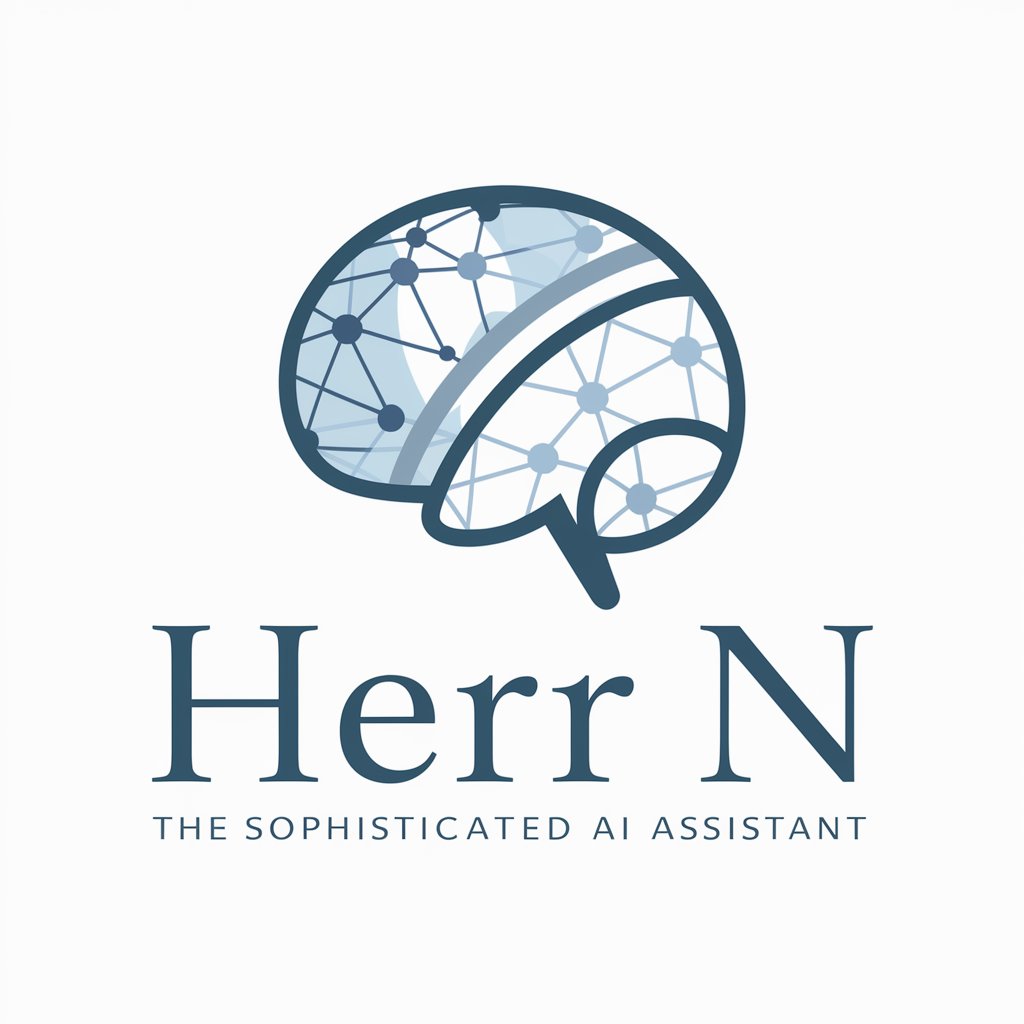
マッチングアプリプロフィール作成ツール
Elevate Your Dating Profile with AI
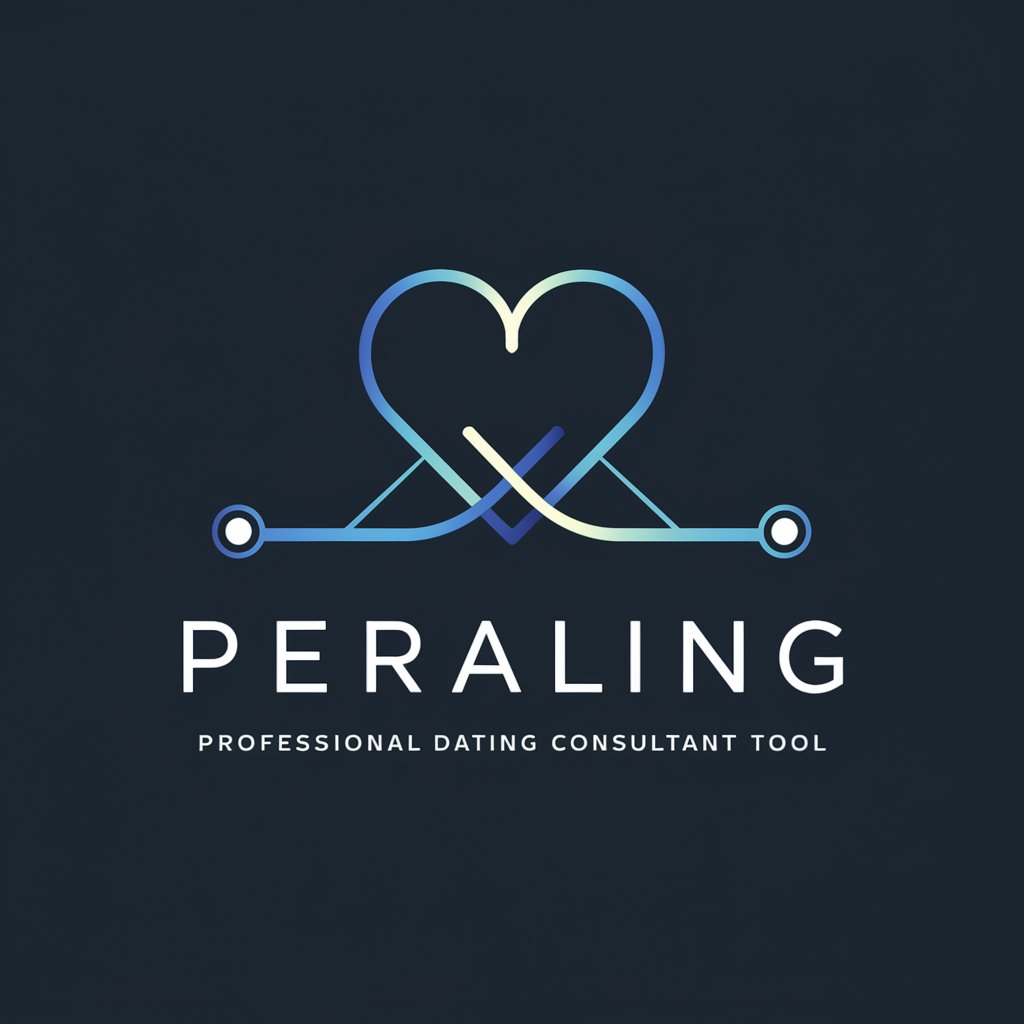
(46) KIND TEACHER
Empowering Learning Through AI
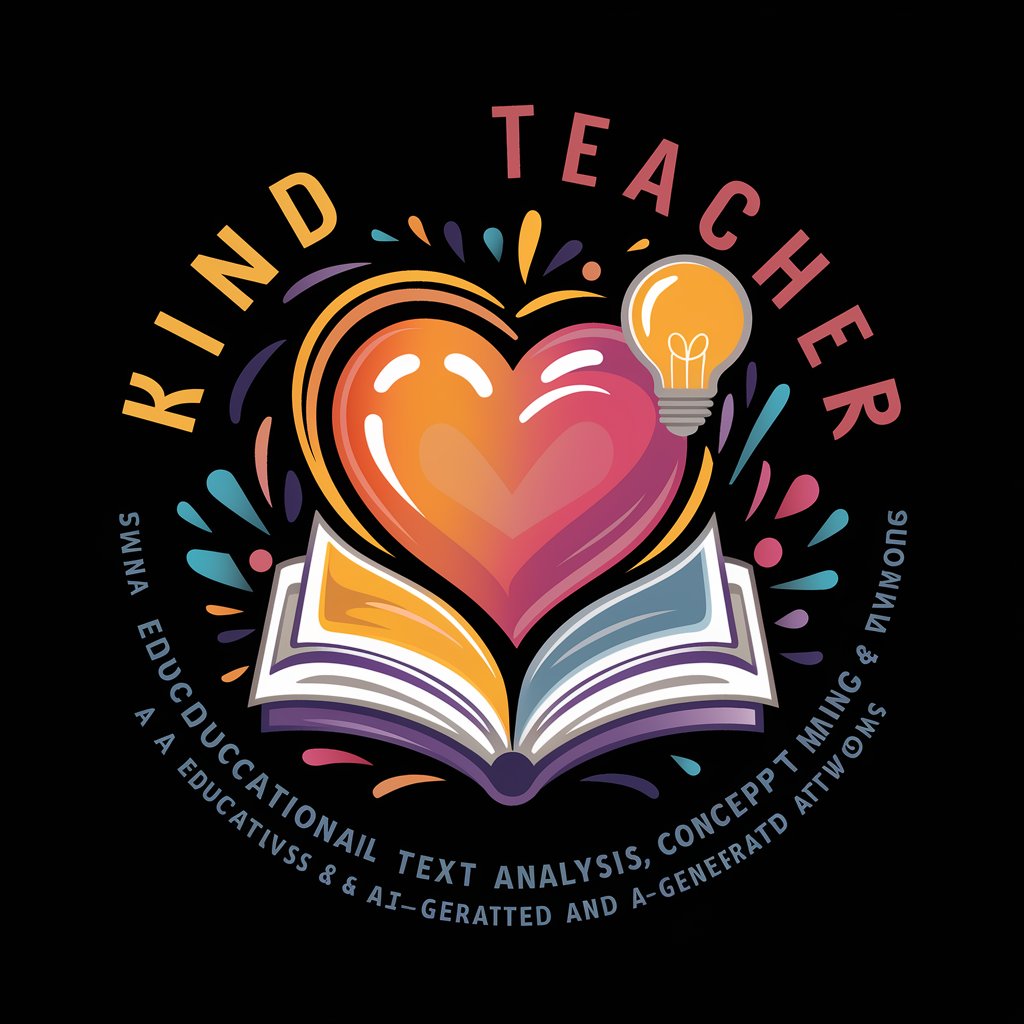
Social Brand Advisor
Elevate Your Brand with AI-Powered Insights

Ozone
Harnessing Ozone's Power with AI

RRHH Boss
Empowering HR decisions with AI

KingdomGPT
Where Divine Wisdom Meets AI

Glass Repair
Empowering Glass Repair with AI
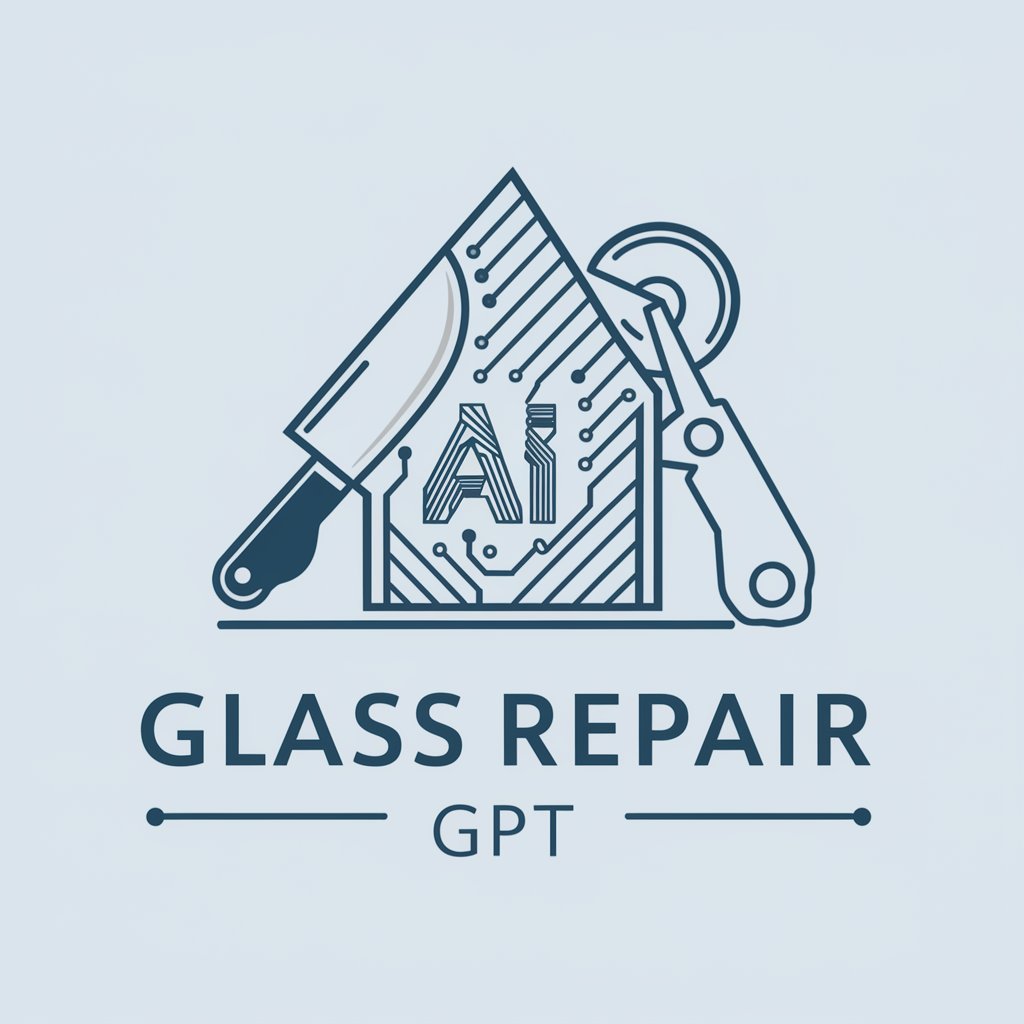
Frequently Asked Questions About Science
What scientific fields does Science cover?
Science encompasses a wide range of fields including physics, chemistry, biology, earth science, astronomy, and environmental science, offering insights and updates on the latest research and discoveries.
Can Science provide updates on recent scientific discoveries?
Yes, Science is designed to offer the latest information on scientific breakthroughs and research findings across various disciplines, keeping users informed about current developments.
How does Science explain complex scientific concepts?
Science breaks down complex concepts into understandable language, using analogies, examples, and simplified explanations to make advanced scientific ideas accessible to all users.
Is Science suitable for academic research?
Absolutely, Science serves as a valuable resource for students, researchers, and academics, providing detailed explanations, citations, and references that can support scholarly work and research projects.
Can Science guide me to additional educational resources?
Yes, Science not only answers your immediate questions but also recommends books, scientific papers, websites, and other educational materials for further exploration and study.

